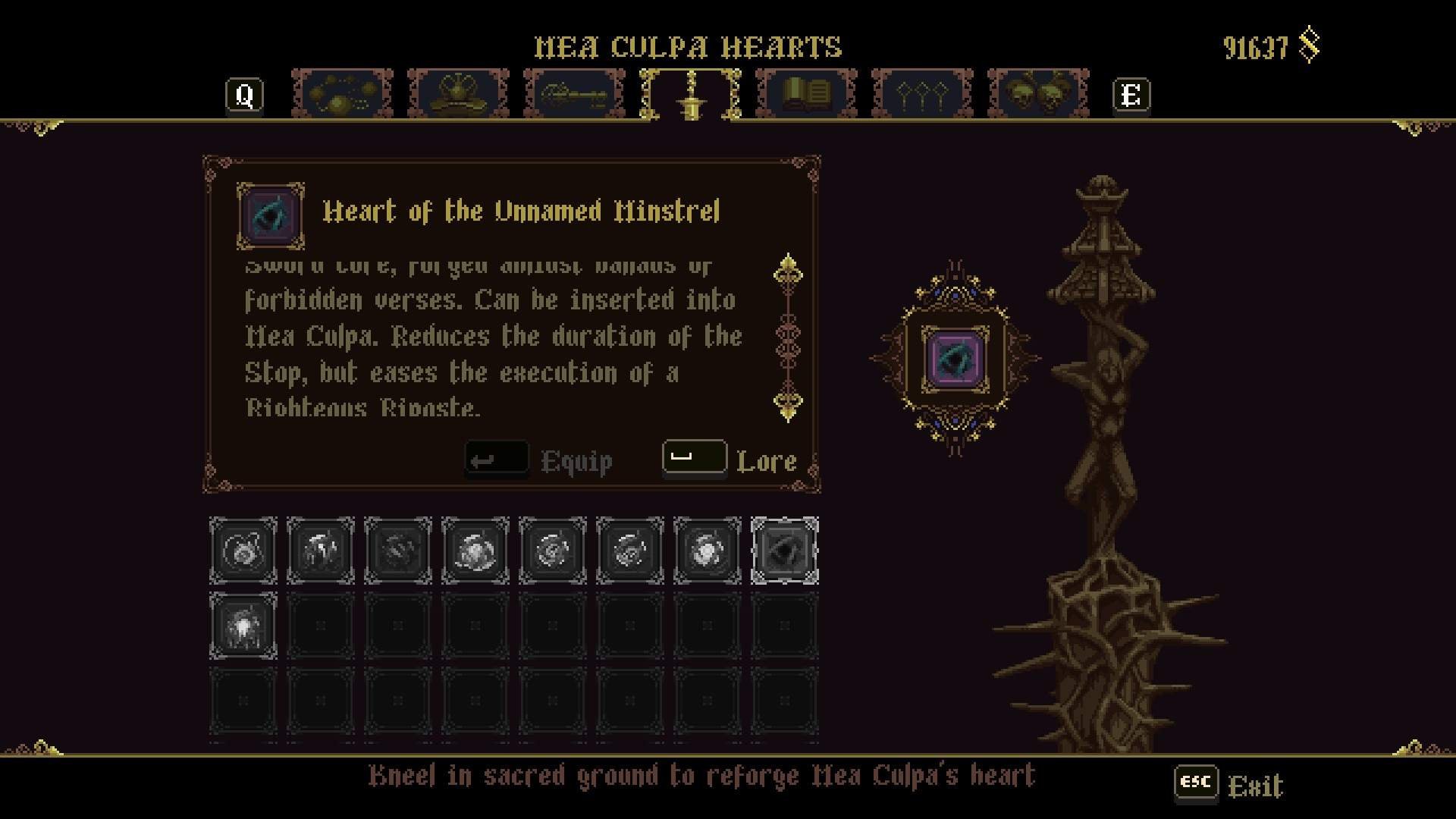

Little is known about Marlowe's adult life. There is no mention of espionage in the minutes, but its summation of the lost Privy Council letter is vague in meaning, stating that "it was not Her Majesties pleasure" that persons employed as Marlowe had been "in matters touching the benefit of his country should be defamed by those who are ignorant in th'affaires he went about." Scholars agree the vague wording was typically used to protect government agents, but they continue to debate what the "matters touching the benefit of his country" actually were in Marlowe's case and how they affected the 23-year-old writer as he launched his literary career in 1587. The only surviving evidence of the Privy Council's correspondence is found in their minutes, the letter being lost. The nature of Marlowe's service was not specified by the Council, but its letter to the Cambridge authorities has provoked much speculation by modern scholars, notably the theory that Marlowe was operating as a secret agent for Privy Council member Sir Francis Walsingham. Despite the dire implications for Marlowe, his degree was awarded on schedule when the Privy Council intervened on his behalf, commending him for his "faithful dealing" and "good service" to the Queen. Large-scale violence between Protestants and Catholics on the European continent has been cited by scholars as the impetus for the Protestant English Queen's defensive anti-Catholic laws issued from 1581 until her death in 1603. If true, such an action on his part would have been a direct violation of royal edict issued by Queen Elizabeth I in 1585 criminalising any attempt by an English citizen to be ordained in the Roman Catholic Church. In 1587, the university hesitated to award his Master of Arts degree because of a rumour that he intended to go to the English seminary at Rheims in northern France, presumably to prepare for ordination as a Roman Catholic priest.

Marlowe mastered Latin during his schooling, reading and translating the works of Ovid. Instead, he received his Bachelor of Arts degree in 1584. īy age 14, Marlowe was a pupil at The King's School, Canterbury on a scholarship and two years later a student at Corpus Christi College, Cambridge, where he also studied through a scholarship with expectation that he would become an Anglican clergyman. Marlowe's birth was likely to have been a few days before, making him about two months older than William Shakespeare, who was baptised on 26 April 1564 in Stratford-upon-Avon. He was baptised at St George's Church, Canterbury, on 26 February 1564 (1563 in the old style dates in use at the time, which placed the new year on 25 March). The tower, shown here, is all that survived destruction during the Baedeker air raids of 1942.Ĭhristopher Marlowe, the second of nine children, and oldest child after the death of his sister Mary in 1568, was born to Canterbury shoemaker John Marlowe and his wife Katherine, daughter of William Arthur of Dover. Marlowe was christened at St George's Church, Canterbury. An official coroner's account of Marlowe's death was revealed only in 1925, and it did little to persuade all scholars that it told the whole story, nor did it eliminate the uncertainties present in his biography. There have been many conjectures as to the nature and reason for his death, including a vicious bar-room fight, blasphemous libel against the church, homosexual intrigue, betrayal by another playwright, and espionage from the highest level: the Privy Council of Elizabeth I. Differing sensational reports of Marlowe's death in 1593 abounded after the event and are contested by scholars today owing to a lack of good documentation. Įvents in Marlowe's life were sometimes as extreme as those found in his plays. Themes found within Marlowe's literary works have been noted as humanistic with realistic emotions, which some scholars find difficult to reconcile with Marlowe's " anti-intellectualism" and his catering to the prurient tastes of his Elizabethan audiences for generous displays of extreme physical violence, cruelty, and bloodshed. His plays are distinguished by their overreaching protagonists. Marlowe was the first to achieve critical reputation for his use of blank verse, which became the standard for the era. Some scholars also believe that he greatly influenced William Shakespeare, who was baptised in the same year as Marlowe and later succeeded him as the pre-eminent Elizabethan playwright. Based upon the "many imitations" of his play Tamburlaine, modern scholars consider him to have been the foremost dramatist in London in the years just before his mysterious early death.

Marlowe is among the most famous of the Elizabethan playwrights. Christopher Marlowe, also known as Kit Marlowe ( / ˈ m ɑːr l oʊ/ baptised 26 February 1564 – ), was an English playwright, poet and translator of the Elizabethan era.


 0 kommentar(er)
0 kommentar(er)
